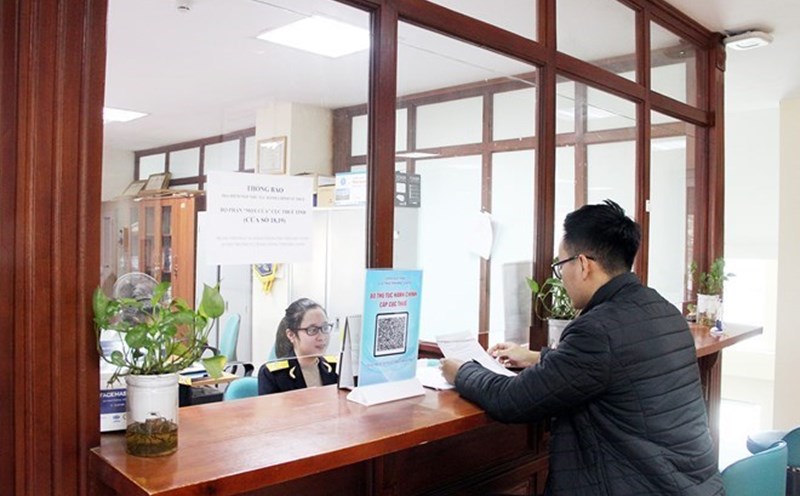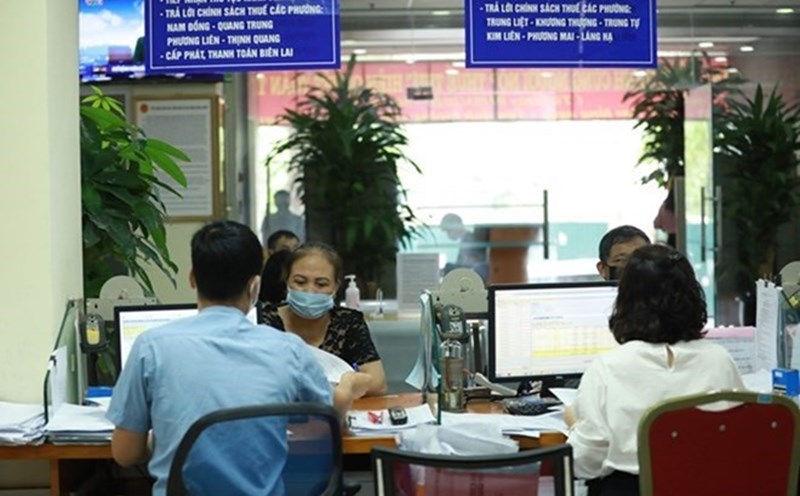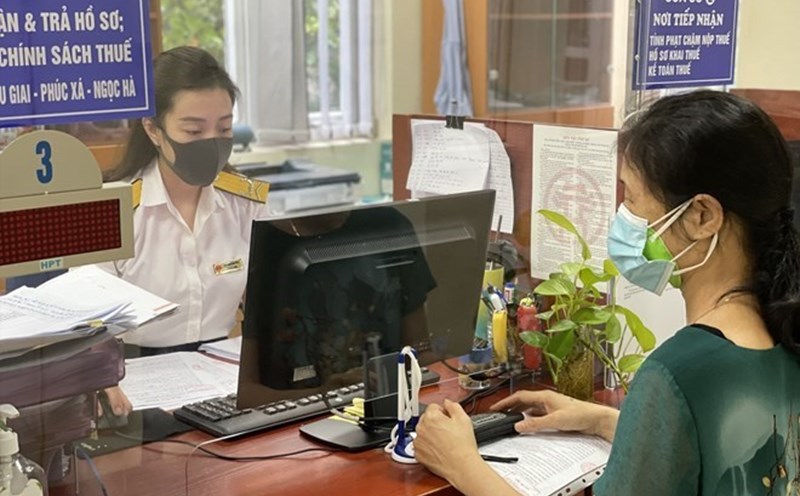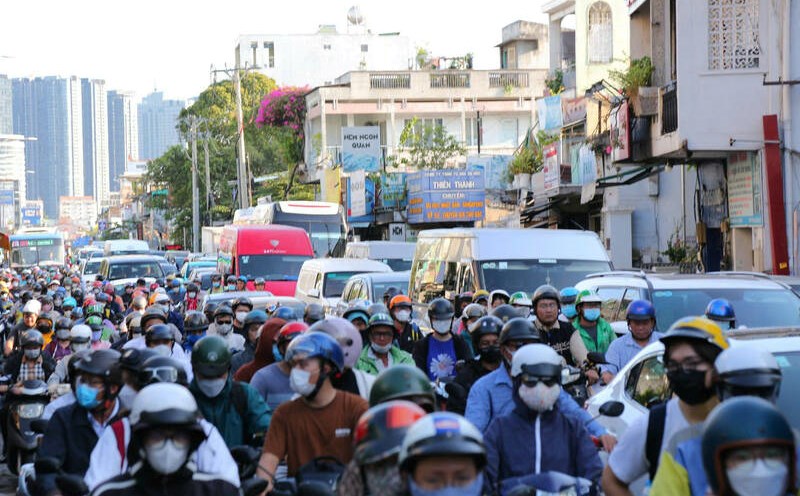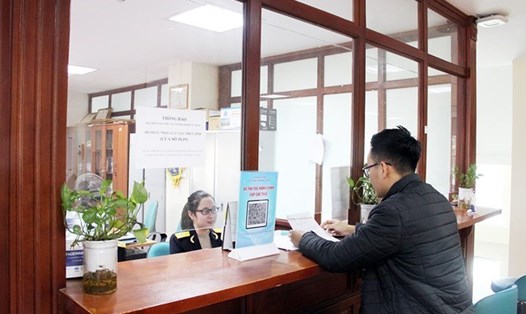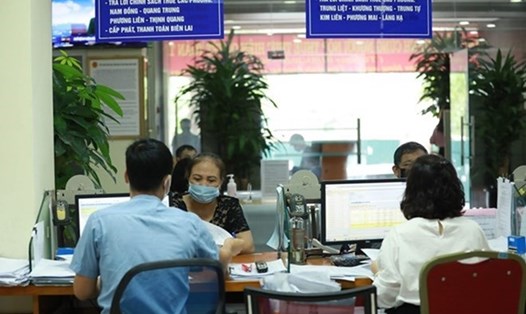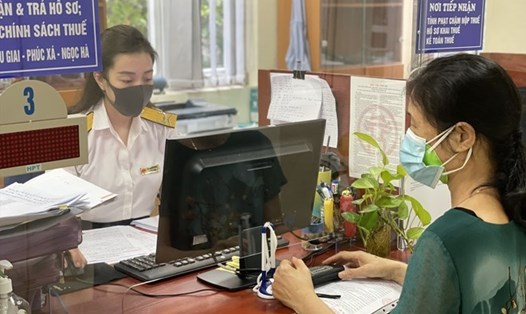Because the tax system reform strategy for the period 2021-2030, according to Decision No. 508/QD-TTg of the Prime Minister, has identified the completion of the personal income tax policy as a key task to ensure consistency with general reform goals, balancing resource mobilization for the budget with reducing the tax burden for people and businesses.
To achieve these goals, reviewing the family deduction level, re-evaluating the taxable income threshold from business activities, and adjusting the current progressive tax rates for personal income tax is very urgent.
Adjusting personal income tax to eliminate shortcomings, create fairness for taxpayers, and match people's actual income and living expenses is completely reasonable.
But more importantly, adjusting personal income tax will directly boost economic growth. When people keep most of their income, purchasing power will increase significantly.
A family that has several million VND/month extra per month thanks to tax policy adjustments will use this money for consumption, investment in education, healthcare, or other goods and services. This creates a spillover effect, stimulates production and promotes the overall growth of the economy.
In particular, considering tax incentives for highly qualified human resources and newly generated income also plays a very important role.
If this policy is adjusted appropriately, it will retain high-quality human resources, encourage them to work, be creative and contribute more effectively to the economy.
This is a necessary condition for Vietnam to compete to attract talent and promote the development of creative and high-tech industries.
Finally, the growth momentum also comes from considering expanding the tax base, applying taxes on inherited assets, real estate and investment income... as proposed by experts at the workshop on this topic organized by Lao Dong Newspaper in coordination with the National Economics University on March 14.
These policies will have a positive impact on long-term growth. Because Real Estate Tax, if designed reasonably, will encourage effective land use, reduce speculation, and push capital into production projects instead of "burying" them in real estate.
Income tax from stock or technology investment, with incentives for strategic industries, will attract capital to high-tech sectors, creating great added value.
The personal income tax policy has been adjusted promptly in the spirit of nurturing revenue sources, expected to be a strong lever to help Vietnam successfully achieve the economic growth target of 8% in 2025 and move towards double-digit growth in the following years.

